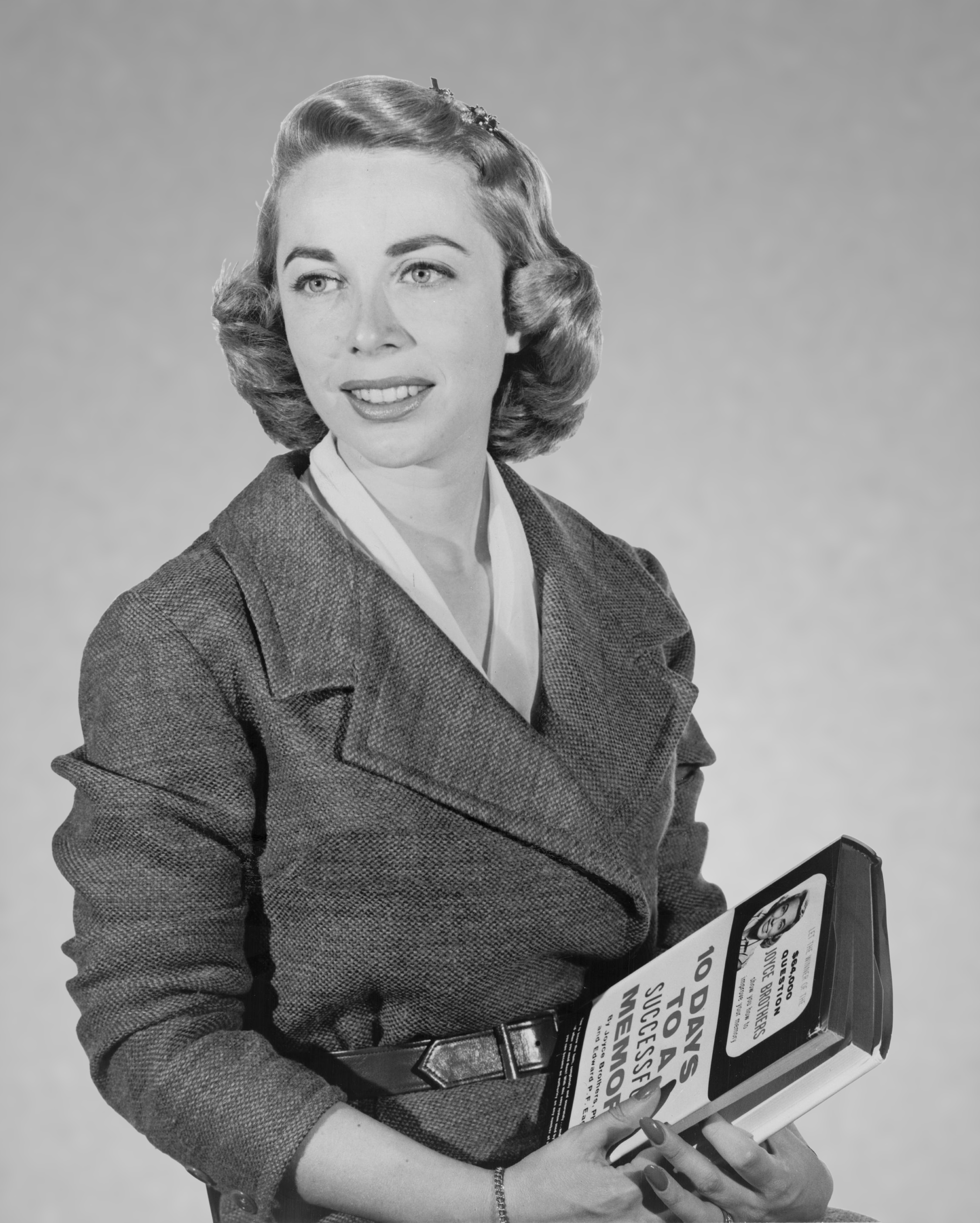As quoted in Business Class : Etiquette Essentials for Success at Work (2005) by Jacqueline Whitmore, p. 25
Joyce Brothers: Цитаты на английском языке
As quoted in Wisdom for the Soul: Five Millennia of Prescriptions for Spiritual Healing (2006) by Larry Chang, p. 415
“The world at large does not judge us by who we are and what we know; it judges us by what we have.”
As quoted in On Being Blonde: Wit and Wisdom from the World's Most Infamous Blondes (2004) by Paula Munier, p. 70
The Successful Woman : How You Can Have a Career, a Husband, and a Family — and Not Feel Guilty About It (1988), p. 18
As quoted in Words of Wisdom : More Good Advice (1990) edited by William Safire and Leonard Safir, p. 199
Вариант: Trust your hunches. They're usually based on facts filed away just below the conscious level.
Trust your hunches. Hunches are usually based on facts filed away just below the conscious level. But be warned, don't confuse hunches with wishful thinking.
Criticism is offered gently. After all, strong families figure, if we can be kind to strangers, why not to one another?
10 Keys to a Strong Family (2002)
10 Keys to a Strong Family (2002)
